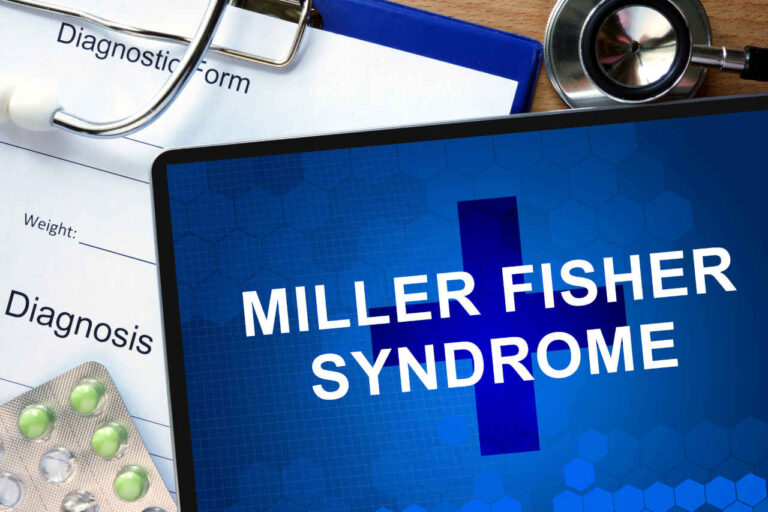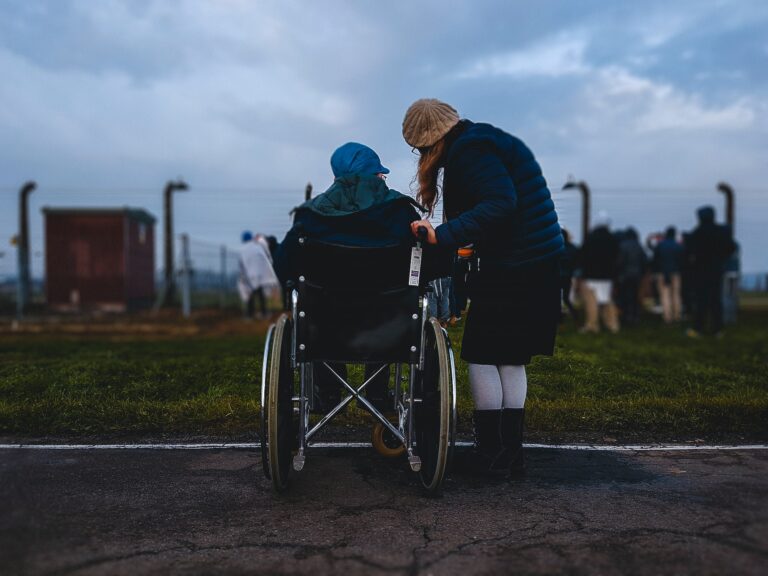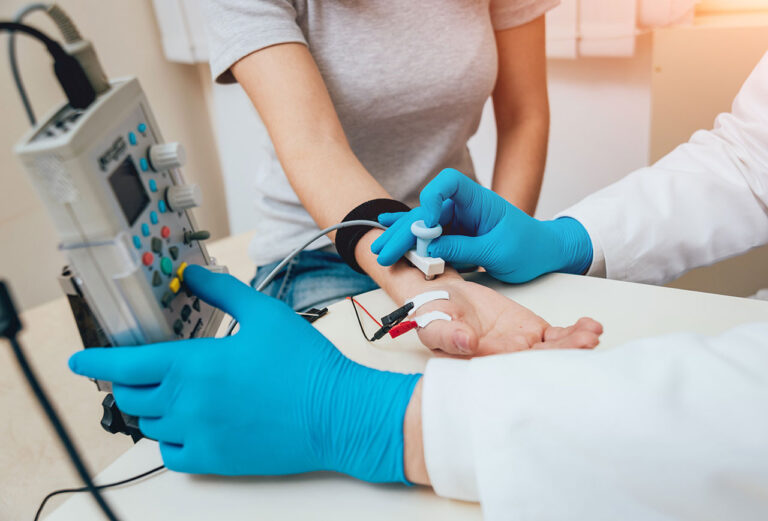
Vaccines protect us from infectious diseases by boosting our immune systems, but they can also increase our risk of developing Guillain-Barre syndrome (GBS).
Speak to a Specialist About
Copay AssistanceGBS is a rare but potentially serious neurological condition that causes muscle weakness, tingling sensations in hands and feet, or even acute flaccid paralysis in the most severe cases. The onset of GBS triggered by vaccination or infection was first reported back in 1976 when the swine influenza vaccine program started in the United States.
At that time, around 45 million people received vaccination shots, and there were increased reports of GBS among those who got vaccinated.
In this article, we will discuss the connection between Guillain-Barre Syndrome and vaccines, how vaccines can trigger the onset of GBS, and what type of vaccines has been added to the warning list by the Food and Drug Administration (FDA).
Understanding Guillain-Barre Syndrome
Guillain-Barre Syndrome (GBS) is a neurological disorder that occurs when your immune system targets and damages the peripheral nerves. Nerves are like cables that transmit signals from the brain to the muscles and vice versa. When the immune system damages these nerves, it disturbs communication signals between the brain and muscles, leading to numbness or tingling sensations in the hands or feet.

With time, this progresses to more widespread muscle weakness or even paralysis. According to statistics from the Centers for Disease Control and Prevention (CDC), approximately 3,000 to 6,000 cases of GBS are reported annually in the United States and are more common in adults over 50 years of age.
The development of GBS mostly occurs following an infection or illness.
Guillain-Barre Syndrome and Vaccines: Do Vaccines Cause GBS?
Since the exact cause of GBS is still unclear, researchers believe that some bacterial (campylobacter jejuni) and viral infections (such as influenza, HIV, cytomegalovirus, Epstein-Barr virus, and COVID-19) are the common cause of this neurological disorder.
In some rare cases, people may also experience the symptoms of GBS a few weeks after vaccinations. Vaccines like the swine flu vaccine and Johnson & Johnson’s COVID-19 vaccines have slightly increased the cases of GBS among people who received these vaccines.
According to CDC data, there was about one additional case of Guillain-Barré for every 100,000 recipients of the swine flu vaccine. In addition, 100 GBS cases were reported after Johnson & Johnson’s COVID vaccination, in which 95 people were hospitalized.
Though the risk of GBS appears to be very small, there is still a chance of developing GBS after vaccination. Research on the association of vaccines with GBS onset is still ongoing.
How Vaccines Trigger the Onset of GBS
The mechanism by which vaccines trigger the onset of GBS is still very unclear. However, there are a few theories on how vaccines may cause GBS:
Molecular Mimicry
One hypothesis is that some components within the vaccines may resemble the molecules in the nerves. When the person is injected with vaccines, the immune system produces antibodies against the introduced foreign component (vaccine components). These antibodies may also mistakenly target and attack the body’s nerve cells, subsequently leading to nerve damage.
Immune Response Overstimulation
In extremely rare circumstances, the vaccination-induced immune response may become uncontrollably hyperactive. This increased immune activity can unintentionally target the nerves and lead to an inflammatory reaction that is characteristic of GBS.
Genetic Predisposition
Some people may have a genetic predisposition that increases their risk of acquiring GBS after vaccination. Some genetic variables may affect how the immune system reacts to a vaccine, and this could raise the risk of GBS in those who are vulnerable.
Treatment Info
Get IVIG Prior AuthorizationWhat Types of Vaccines Increase the Risk of GBS?
Not all vaccines trigger the development of GBS. However, a few vaccines reported by studies or case reports may increase the risk of GBS in some people.
- Influenza vaccines: The 1976 swine flu vaccine increased the risk of GBS by about one additional case per 100,000 recipients. In addition, the 2001 H1N1 flu vaccine was associated with a GBS risk, with about one to five cases per million doses.
- Shingles vaccine: In 2021, the FDA added a warning label to the Shingrix® vaccine, as it increased the risk to about three cases per million vaccine doses.
- Smallpox vaccine: This vaccine is a rare cause of GBS since it is not routinely used.
- Rabies vaccine: The early version of the rabies vaccine was made from nervous system cells, which increased the risk of GBS. However, the current version does not contain any cells of the nervous system and can be used with no risk of developing GBS.
- COVID-19 adenovirus-based vaccines: The J&J/Janssen COVID-19 vaccine has also been added to the FDA’s warning list after an increased risk of about seven or eight cases of GBS per million doses.
Other vaccines that are not associated with GBS onset include hepatitis A and B, measles, mumps, rubella, HPV, and polio vaccines.
When Do the Symptoms of GBS Appear After Vaccination?
In most cases, the symptoms of GBS can appear 6 weeks after vaccination. Therefore, it is recommended that you monitor your health status carefully after vaccination, and if you notice any symptoms, report them to your healthcare provider immediately.












